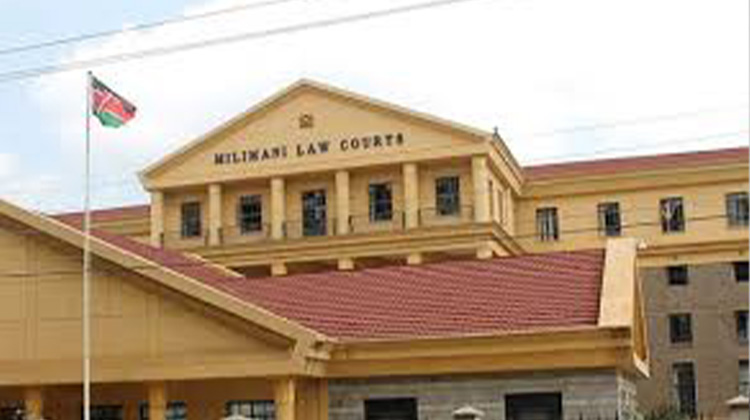Court of Appeal Partially Overturns High Court Ruling in Guilders Bank Share Dispute
In a significant ruling, the Court of Appeal in Nairobi has partially allowed an appeal in a long-running commercial dispute over the sale of shares in Guilders International Bank Limited, modifying a High Court judgment that had awarded sellers Kshs. 196 million with interest.
The case pitted Guardian Bank Limited and several individuals and companies linked to the Chandaria family against Shivali Investments Limited and three other investment firms. The appellate court found that while the sellers were entitled to the purchase price, the buyers were not liable for interest as previously ordered, and one appellant bank was exempt from direct payment obligations.
The dispute originated from a 1999 agreement where the respondents sold 200,000 shares in Guilders International Bank to the appellants for Kshs. 196 million. A Memorandum of Understanding (MoU) dated 13th October 1999 was initially drafted, labeled “subject to contract,” followed by a formal Sale Agreement on 30th December 1999.
The sellers alleged that the purchasers breached the contract by failing to pay the consideration, render accounts, or release securities, while the purchasers counterclaimed that the sellers misrepresented the bank’s loan portfolio value, leading to substantial losses.
The Court of Appeal re-evaluated the evidence and addressed several key issues. Firstly, it determined that the MoU was not a binding contract because it was explicitly “subject to contract,” meaning it was a preliminary document superseded by the subsequent Sale Agreement.
The court emphasized that the Sale Agreement contained an “entire agreement” clause, nullifying the MoU’s terms unless expressly incorporated, which they were not. This overturned the High Court’s finding that the MoU formed part of the final contract.
On the issue of whether the sellers’ claim was time-barred under the Limitation of Actions Act, the Court of Appeal upheld the High Court’s view that the suit, filed in 2005, was within the six-year limitation period. Amendments to the pleadings in 2017 did not introduce new claims but clarified existing ones, so the case was not time-barred.
Regarding the purchasers’ argument that unrecovered loans and undisclosed liabilities should reduce the purchase price, the appellate court found that the purchasers failed to prove they had exhausted all recovery avenues by the cut-off date of 31st December 2001.
Evidence showed that some loans were recovered after this date, and the purchasers did not formally notify the sellers of irrecoverable sums or undisclosed liabilities as required. However, the court acknowledged Kshs. 6,072,346 in undisclosed liabilities based on meeting minutes, which the sellers must bear.
The Court of Appeal also clarified liability for payment. It ruled that the 2nd to 9th appellants—individuals and companies referred to as “obligors” in the Sale Agreement—are jointly and severally liable to pay the Kshs. 196 million purchase price, but with interest at court rates from the suit’s filing date, not the 12% specified in the MoU.
The 1st appellant, Guardian Bank Limited, is not obligated to pay the consideration, as the contract placed this duty solely on the obligors. However, Guardian Bank must return securities provided by the sellers, except for four properties sold with the sellers’ consent.
Finally, the court dismissed the purchasers’ counterclaim for Kshs. 827 million, citing lack of evidence, and allocated costs, with Guardian Bank bearing one-quarter and the obligors three-quarters of the respondents’ costs. This judgment brings clarity to a complex commercial case, emphasizing the importance of adhering to contractual terms and timelines in business transactions.










